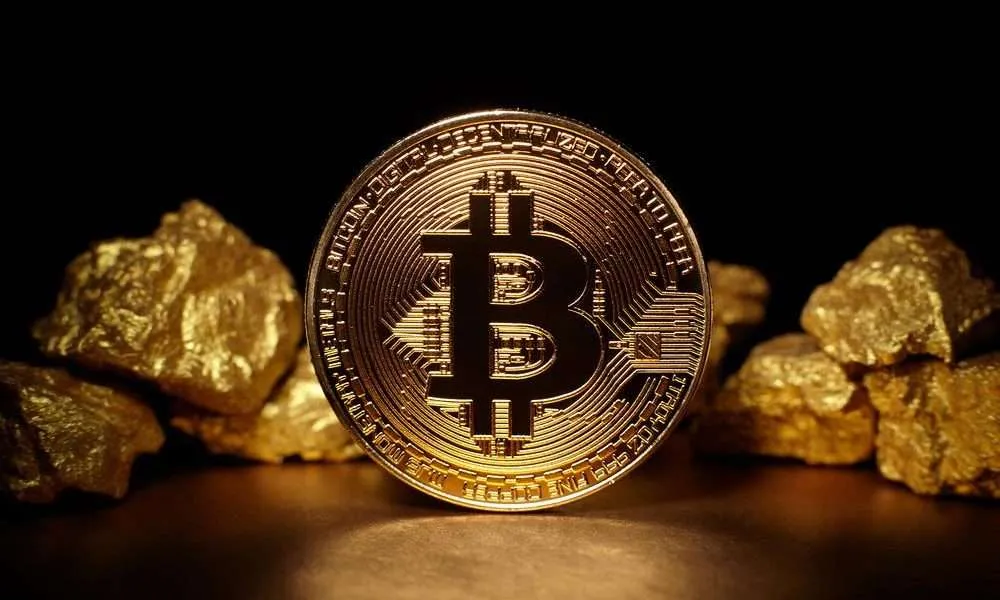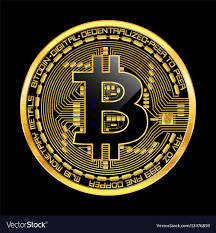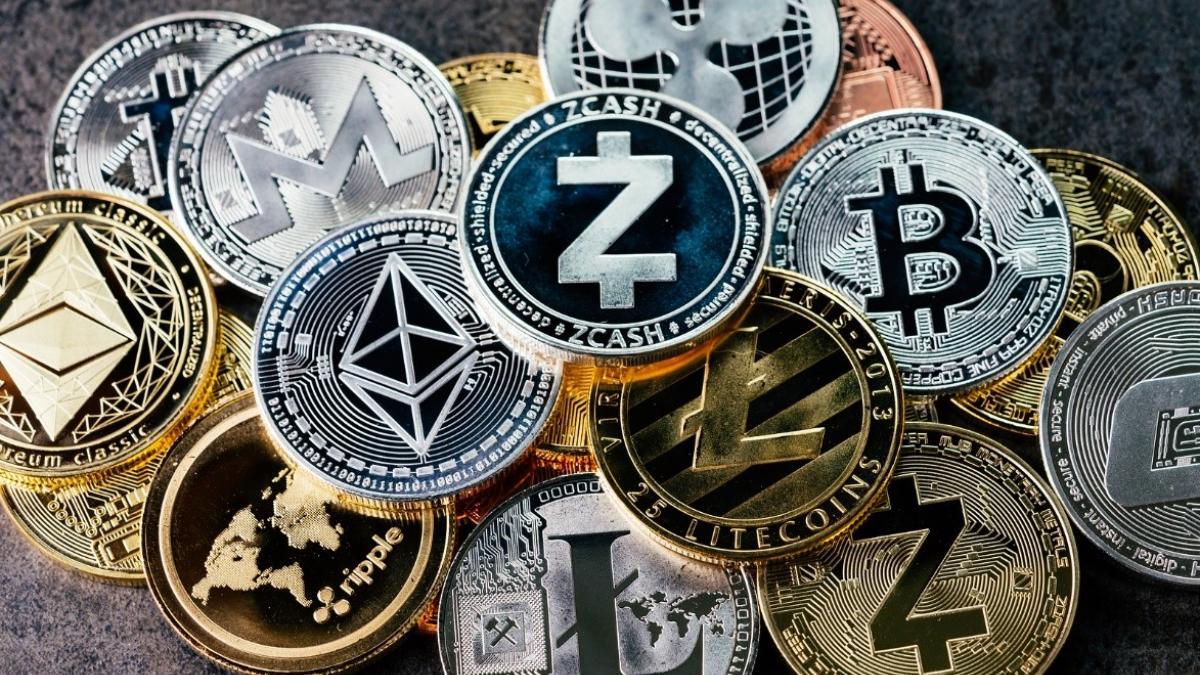- The President of Venezuela announces the payment in Petros for public employees and pensioners.
- Race for digital coins unleashed by the Facebook Libra effect.
Venezuelan President Nicolas Maduro announced that the government would make payments in Petro to government employees and pensioners in December. The measure, according to Maduro, would be an attempt to protect the population from the country’s economic crisis.
Petro is the cryptocurrency launched by the Venezuelan government in 2018. At that time, government representatives said its value would be equivalent to the price of a barrel of oil on the international market.
Venezuelans prefer Bitcoin or Petro?
Maduro’s announcement comes after the changes the government would be implementing in economic matters. Such measures would oblige Venezuelan citizens to use the national currency (the Bolivar) together with the Petro for all transactions. Maduro said (freely translated):
(…) we are going to give a month’s bonus to the pensioners who number more than 4.5 million Venezuelans and public administration workers.
The government’s announcement has created confusion in the population. In general, it is unknown how Petro will work in people’s daily lives. Although Petro was created last year, it has been ineffective in mitigating the crisis and Venezuelans do not know how to operate it.
In contrast, Venezuela is one of the countries with a high volume of transactions in Bitcoin on the LocalBitcoins exchange platform. Many merchants and citizens prefer to make operations with this cryptocurrency for the advantages it has against the national currency: transparency, freedom, confidence, as a value deposit with low rates in their transactions.
So far, the Petro is profiled as a measure of control. A more efficient way to keep track of national operations, issue money without foreign exchange backing and make changes in national economic policy. Quite the opposite of Bitcoin.
Race of digital coins unleashed by Facebook Libra
At a conference on the expansion of the Ripple and Banco de Santander alliance, the bank’s digital assets director, John Whelan, thanked Facebook Libra. According to Whelan, Facebook’s controversial announcement to launch its own digital currency, the Libra, allowed the advances that have been made in the field of digital assets to be made public.
John Whelan said they have been perfecting instant payment solutions with Ripple for about 3 years. However, they were forbidden to talk about their progress. The effect of the Facebook Libra on the global landscape allowed them to reveal how advanced they are in the field of international payments and wire transfer solutions.
Due to the potential that governments have seen in Libra, especially in the European Union, there are fears that its launch could have a negative impact on the global economy. In addition, the European Union is considering the need to launch its own digital coin, the Eurocoin.
The representative of Santander Bank gives Libra the start of the governments’ race to launch their own digital coin. China has already announced that they will launch their own digital currency soon.
Its coin, the digital Yuan, will be rolled out in early 2020. The announcement was received positively, it represented the possibility that China would open up to the market for cryptocurrencies, such as Bitcoin. However, the need to see this with a more critical eye has been raised.
The digital Yuan, like the Petro, are coins issued by the central bank of China and Venezuela respectively. Although they can be used for quick payment solutions, they could also be a more effective means of control against the population and the economy.
On the international side, Petro is still not traded on any exchange and for Venezuelans there is only uncertainty and questions about Petro. Will this change in the near future? It remains to be seen if the tendency to use Bitcoin can be reversed in Venezuela, by preference to the coin created by the government.






